Keywords: National Security
There are more than 200 results, only the first 200 are displayed here.
-
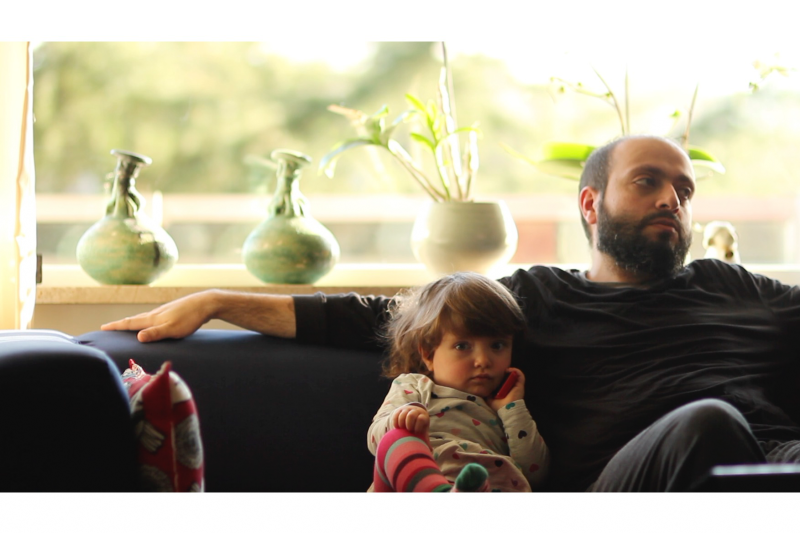
ARTS AND CULTURE
- Arnold Zable
- 06 October 2020
4 Comments
Tall Fences, Taller Trees, directed by Dutch-based Iranian filmmaker, Arash Kamali Sarvestani, is a companion to Chauka, Please Tell Us the Time, which Sarvestani co-directed with Kurdish-Iranian writer and Manus Island detainee, Behrouz Boochani. On its most basic level Tall Fences, Taller Trees documents the making of the first film, but it is far more than that.
READ MORE 
-
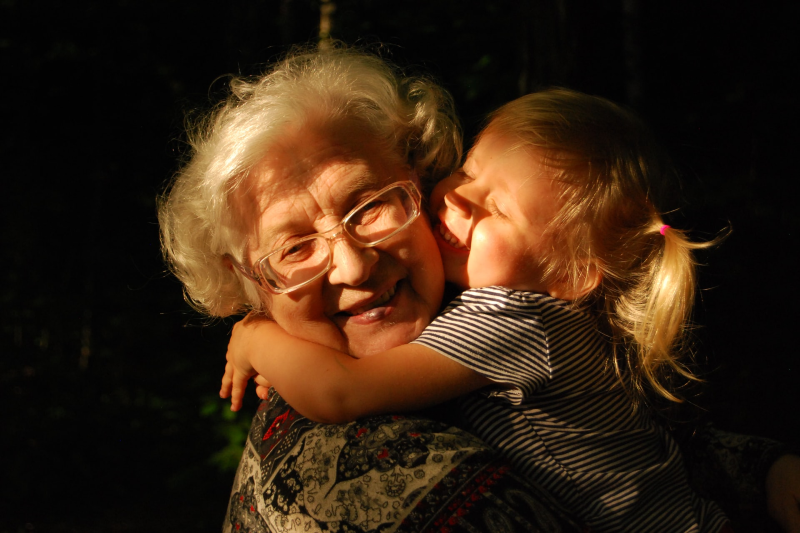
AUSTRALIA
- Andrew Hamilton
- 01 October 2020
7 Comments
The response to COVID has invited reflection about the relative value of one human death (and so of one human life) as compared with another. This is a radical question because it makes us ask whether the value of a human life is defined by economic wellbeing and by potential contribution to the economy, or by deeper qualities.
READ MORE 
-
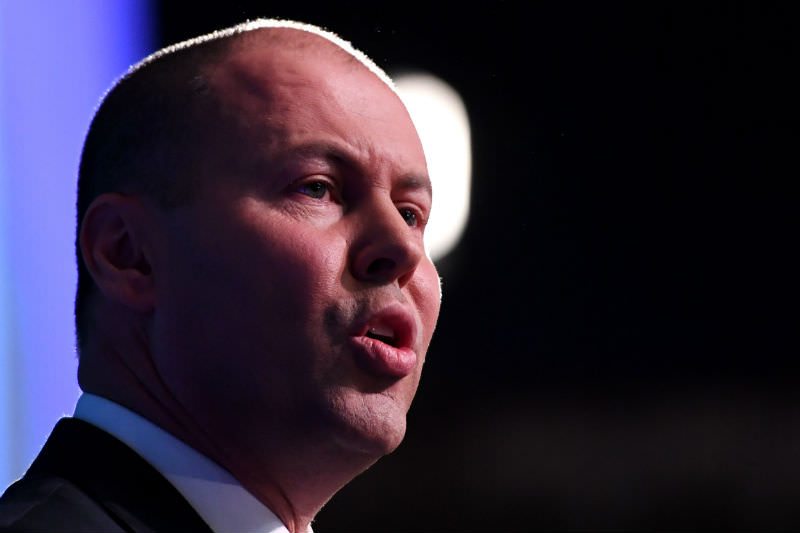
ECONOMICS
- Joe Zabar
- 24 September 2020
3 Comments
The havoc COVID-19 has wreaked on our economy has been less damaging than for some other countries. While international comparisons may help us feel better about our circumstances, the reality is that Australia’s economy is in trouble and will need more than economic first aid through measures like JobKeeper to get us back on track to recovery.
READ MORE 
-
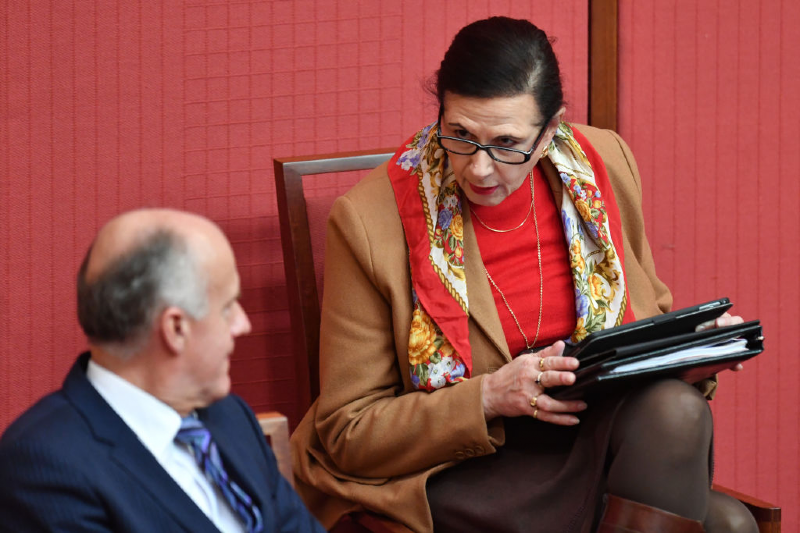
MEDIA
- Irfan Yusuf
- 22 September 2020
10 Comments
The strange thing is that those chest-beating about terrorism rarely made an issue of when terrorists of the modernist Islamist variety (such as al-Qaeda, Jemaah Islamiyah and ISIL) attacked mosques, Muslim shrines and Muslim congregations. Nor do they report of just how fringe and hated these groups are in their own countries where the bulk of their attacks take place.
READ MORE 
-
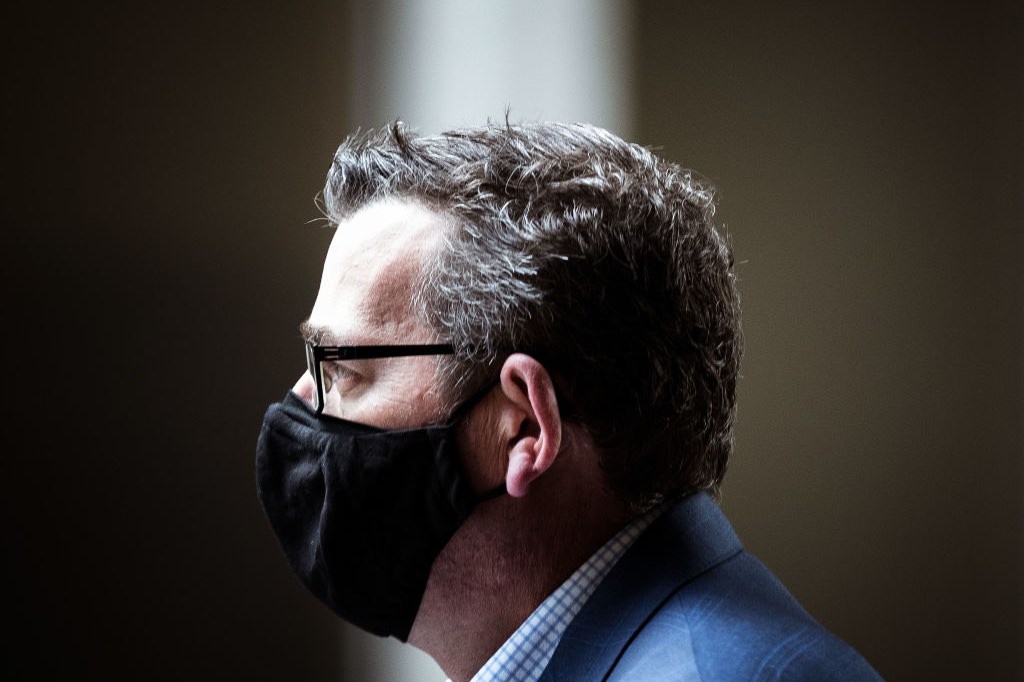
AUSTRALIA
- John Warhurst
- 13 August 2020
6 Comments
Many in the community are crying out for accountability. The idea is appealing because it sounds like a simple framework, but in practice it is extremely difficult to apply.
READ MORE 
-
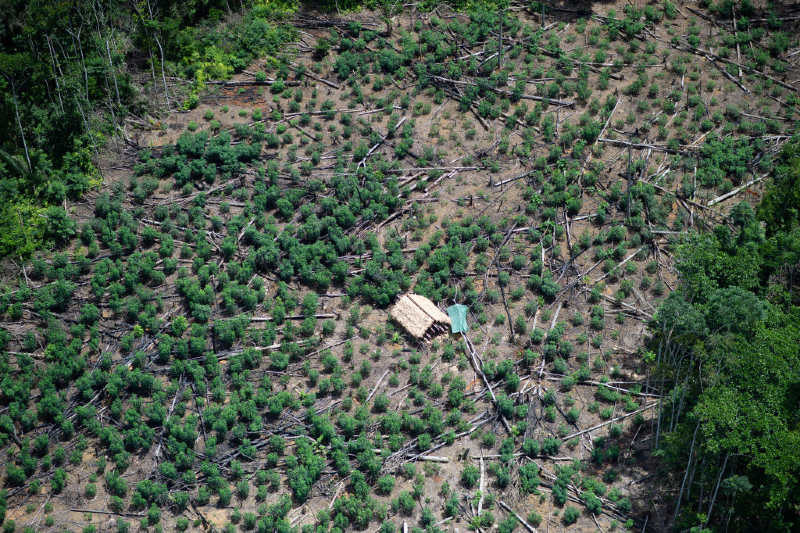
ENVIRONMENT
- Bree Alexander
- 06 August 2020
1 Comment
While the world is largely focused on COVID-19, a recent report from Global Witness revealed that murders of land and environmental defenders, defined as people who take a stand for land and environment in a peaceful manner, reached a high in 2019.
READ MORE 
-
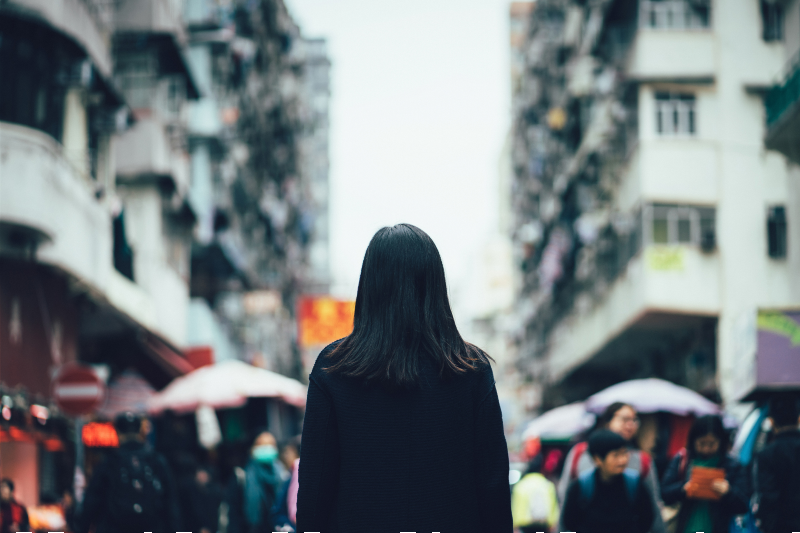
INTERNATIONAL
- Salina Cheung
- 13 July 2020
4 Comments
There is a trend of liberals calling for the West to open its borders to fleeing Hongkongers for economic benefit. It is commendable that these individuals want the West to offer Hongkongers refuge. But to frame this philanthropy in such mercenary terms makes this goodwill suspect: these voices want to capitalise on a traumatic moment of displacement.
READ MORE 
-
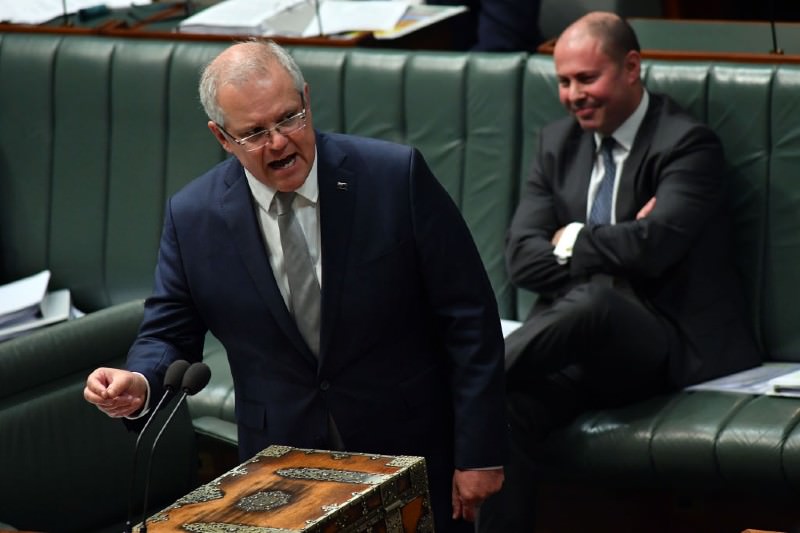
AUSTRALIA
- Andrew Hamilton
- 02 July 2020
3 Comments
Government must respect the human dignity of people who are often regarded as a burden on society. Seen from this perspective the JobSeeker allowance is deceptively named. It conflates two distinct though related responsibilities of government: to promote participation in the workforce by matching jobs available to people seeking them, and to provide for those who cannot work.
READ MORE 
-

AUSTRALIA
- Daniel Sleiman
- 02 June 2020
19 Comments
Will former Governor General John Kerr's correspondence with the Queen shed light on what really happened in 1975? It may very well, and historians like Jenny Hocking were willing to challenge the National Archives of Australia's refusal to access such records in High Court.
READ MORE 
-

AUSTRALIA
- Samantha Floreani
- 21 May 2020
8 Comments
Over the past few weeks we’ve seen the government pull out all the stops in an attempt to convince the Australian public to download the COVIDSafe App. There are plenty of issues with the app itself, including its technical flaws, and valid concerns around data privacy, security and the normalisation of surveillance. But the other fascinating aspect of COVIDSafe has been the commentary surrounding the app.
READ MORE 
-
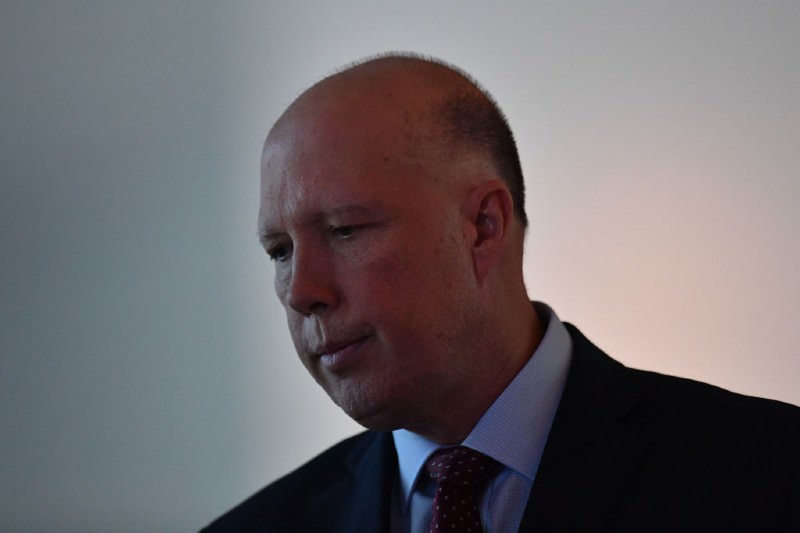
AUSTRALIA
The new ASIO Powers Amendment Bill 2020 is being rushed through Parliament in a time of pandemic, guaranteeing that it will lack even the minimal level of scrutiny normally accorded to legislation dealing with ‘national security’.
READ MORE 
-
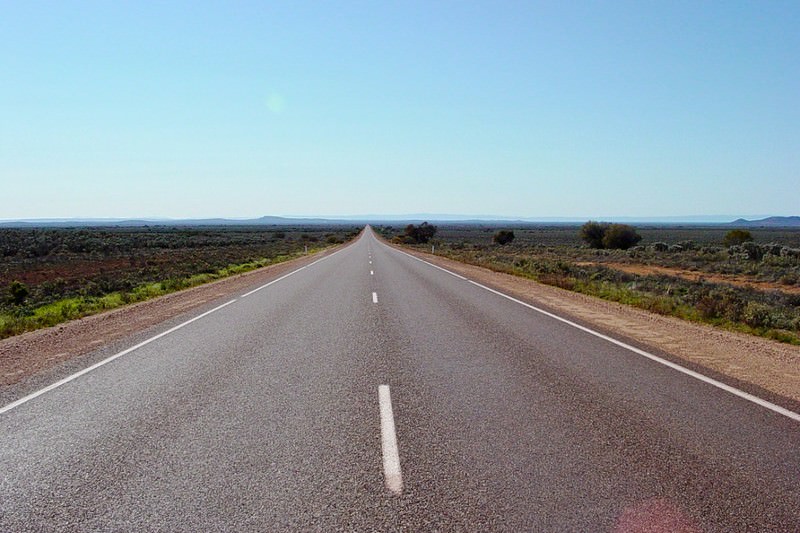
AUSTRALIA
What is often not expected or well understood is the effect of ‘lag time’ aftershocks in our regions following economic crisis. Lag time is an attribute of some rural, regional and remote communities and is most often seen in economically path dependent and single industry communities, many of which of course, comprise RRR Australia.
READ MORE 